This week’s author interview is with Rush Witt. He is the author of Diehard Sins: How to Fight Wisely against Destructive Daily Habits.
- Question #1—Tell us a little bit about yourself: where you’re from, family, job, personal interests, unique hobbies, what you do in your spare time, etc.
In June of 1977, I was born in Bowling Green, Kentucky. I had a good experience living in different places while growing up. I lived in Louisville, Cleveland, Tampa, and a small SC town near Charlotte. In addition to my work as an acquisitions editor with P&R, I also pastor a church plant in Columbus, OH. Our church is specifically located in Bexley, a wonderful community where my family also lives. My wife and five kids keep life busy with homeschool, family activities, and ministry in our community. We enjoy the Bexley pool in the summer, sledding in the winter, and fishing from a tiny boat on one of the good reservoirs in Columbus. Between all these great ministries and family activities, there’s not much spare time left. It’s a good, happy, busy life we’re living in these days.
- Question #2—Which writers inspire you?
I am most inspired by writers who bring biblical truth to bear on real life. Since we only have so much time to dedicate to reading books, I think we should read the best. I have been most helped by writers in the vein of Jerry Bridges, John Piper, Paul Tripp, RC Sproul, J.I. Packer, and others like them. And I always have time and interest for the reformers and puritans, who I find to be very concerned about pleasing God in our day to day lives, experiences, and troubles. These writers inspire me to think and write with a careful eye on the intersection of life and doctrine.
- Question #3—What inspired you to write this book, about this topic?
I wrote Diehard Sins because it was a book I needed for my own life. I believe many Christians like me feel that our sins habits don’t die as easily or quickly as we would like. A common complaint is, “I’ve been a Christian for 10, 20, 30, 40 years and I’m still struggling with __________.” This has been true of my life as well. As a result, the idea for this book continued to grow and develop. I needed a book which could help me and others fight wisely against destructive daily habits (which tend to die hard).
Through biblical counseling training, I learned a three-part plan for personal ministry from Robert Jones, who wrote the book’s Foreword. That plan for discipleship and counseling helps me care for others by entering their world, understanding their needs, and bringing them Christ and His answers. With time, this plan has become my bread and butter, as they say. Along the way, I realized more and more that the counsel I was giving others was the same counsel I needed in my own life.
I’ve found the same three-part plan for personal ministry (enter, understand, bring) which I use in counseling others is also a useful approach to self-counseling. In this book, therefore, I have aimed to provide help and hope to diehard sinners like me by providing a three-part plan for fighting sin.
- Question #4—Other than the Bible, do you have a favorite book?
Wow, that’s a hard question; impossible to give just one answer. However, if I think about what books have been most helpful to me, time and time again, a few come to mind. The Gospel Mystery of Sanctification by Walter Marshall, The Bruised Reed by Richard Sibbes, and the writings of Cornelius Van Til. These books have helped me understand, apply, and proclaim the gospel more clearly and biblically.
- Question #5—What advice would you give to aspiring writers?
Make a plan and take small steps. I’ve learned that writing a book doesn’t happen quickly or easily. Apparently, Ernest Hemmingway once said, “There is nothing to writing. All you do is still down at a typewriter and bleed.” How clever…and true!. It is grueling at times, but so very worth the benefit to yourself and others. Getting started and keeping the momentum are two important keys. So I suggest that aspiring writers – once they have decided on a topic – first make a plan or schedule for writing. Then commit yourself to small steps every day. You can’t swallow an elephant in one gulp. But if you will keep at it, little by little, your work will come together.
- Question #6—Favorite sport to watch? Why? Favorite sport’s team?
I grew up in a basketball family, so it has always been my favorite. I enjoy watching other sports, but basketball is the sport I understand and appreciate most. For this reason, I am interested in particular teams as much as particular players who have a particular basketball IQ. My favorite player has always been Mark Price, of Cleveland Cavs lore. In fact, I came to Christ through a basketball camp which was hosted by his family.
- Question #7—Favorite food?
My friends know I love food. In fact, I often ask people what food they have most recently enjoyed, just so I can enjoy the thought of it with me. So I guess my answer to this question is: my favorite food is whatever food I am currently eating.
- Question #8—What famous person (living or dead) would you like to meet and why?
This is going to sound like the classic reformed answer, but I sincerely would like to meet John Calvin. He has been such a controversial figure, though one who has so greatly benefited me through his writing. I just can’t image what that would be like.
How can readers discover more about you and your work?
- Website: paramountcolumbus.com
- Blog: http://mynameisrush.com
- Twitter: @mynameisrush
- Facebook Page: www.facebook.com/mynameisrush

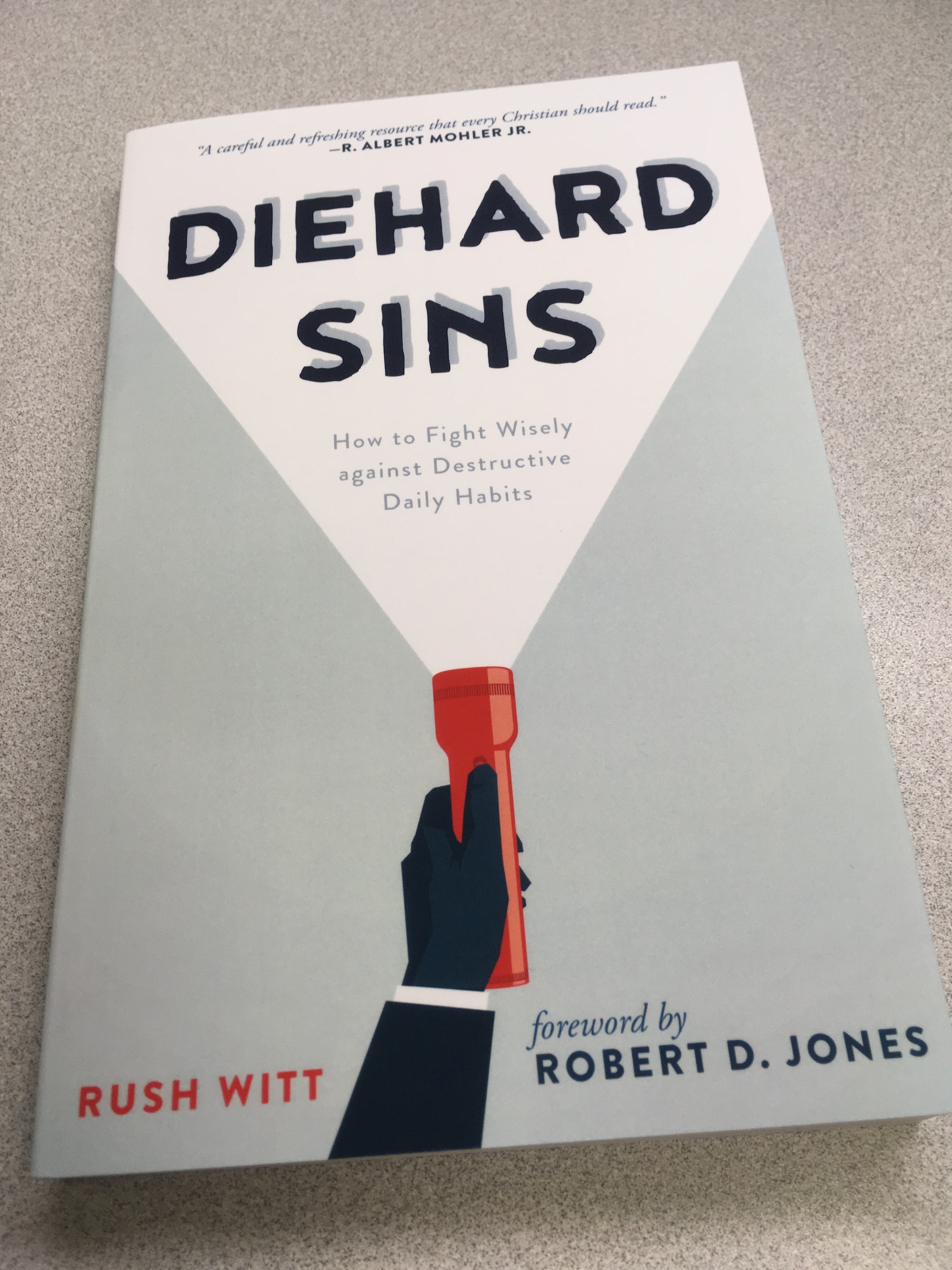
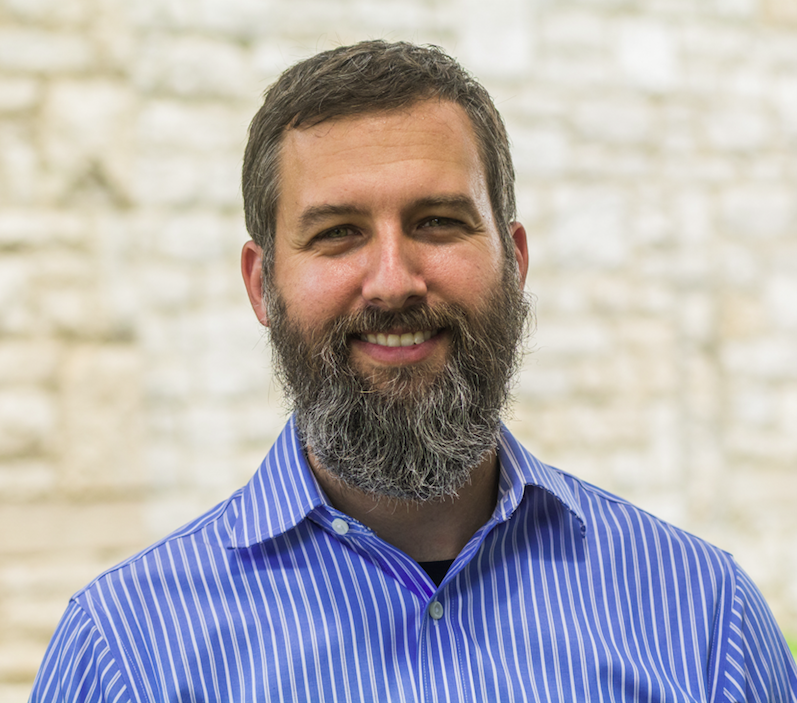


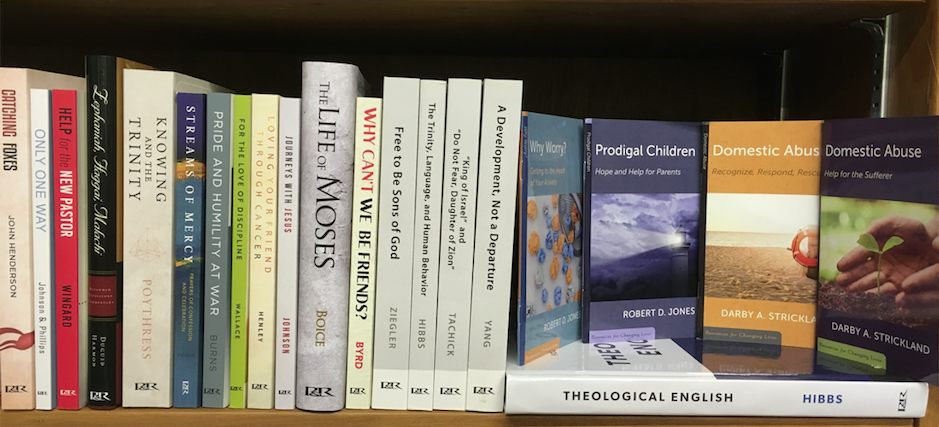
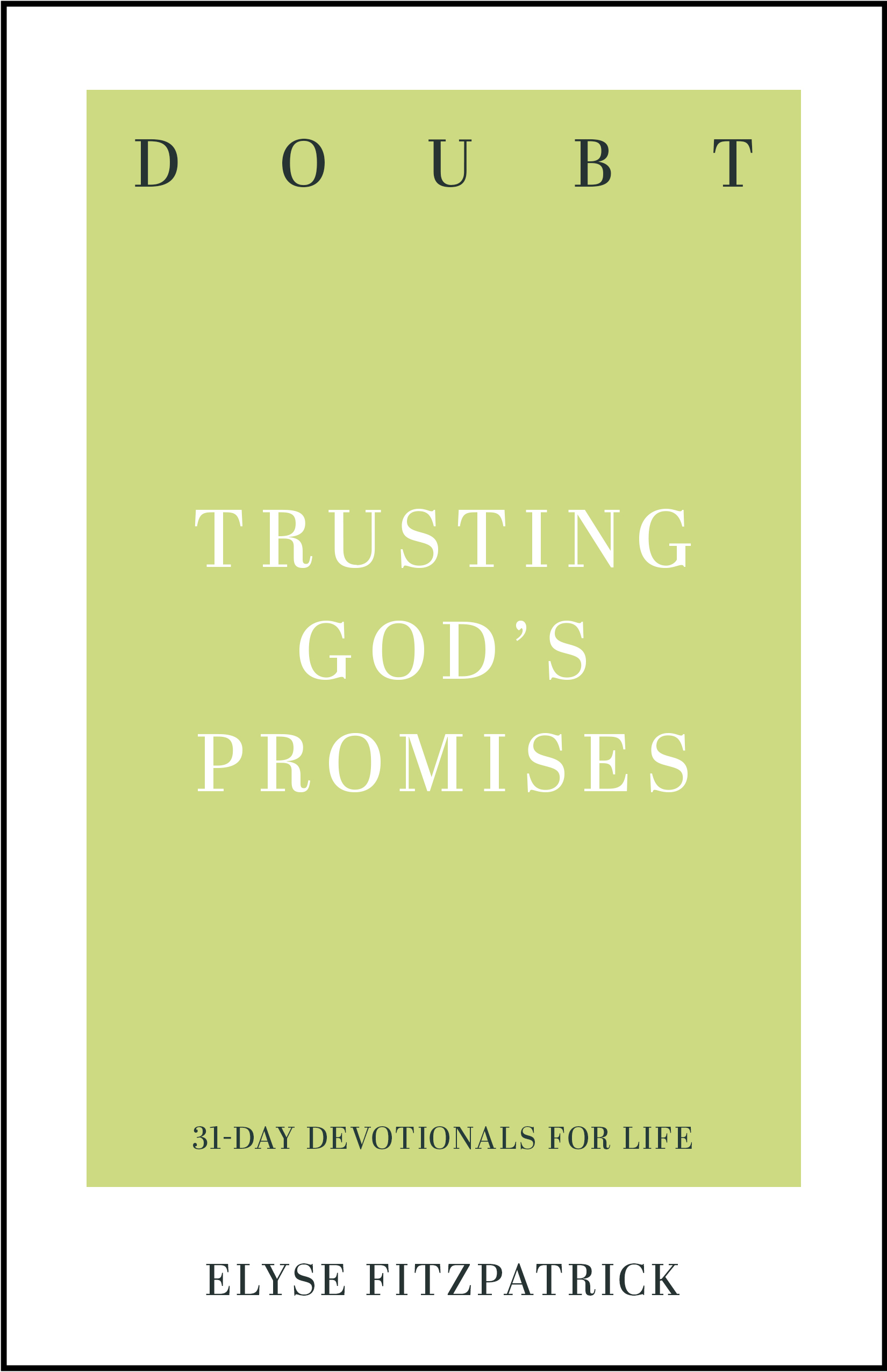
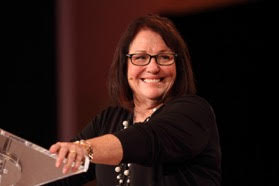
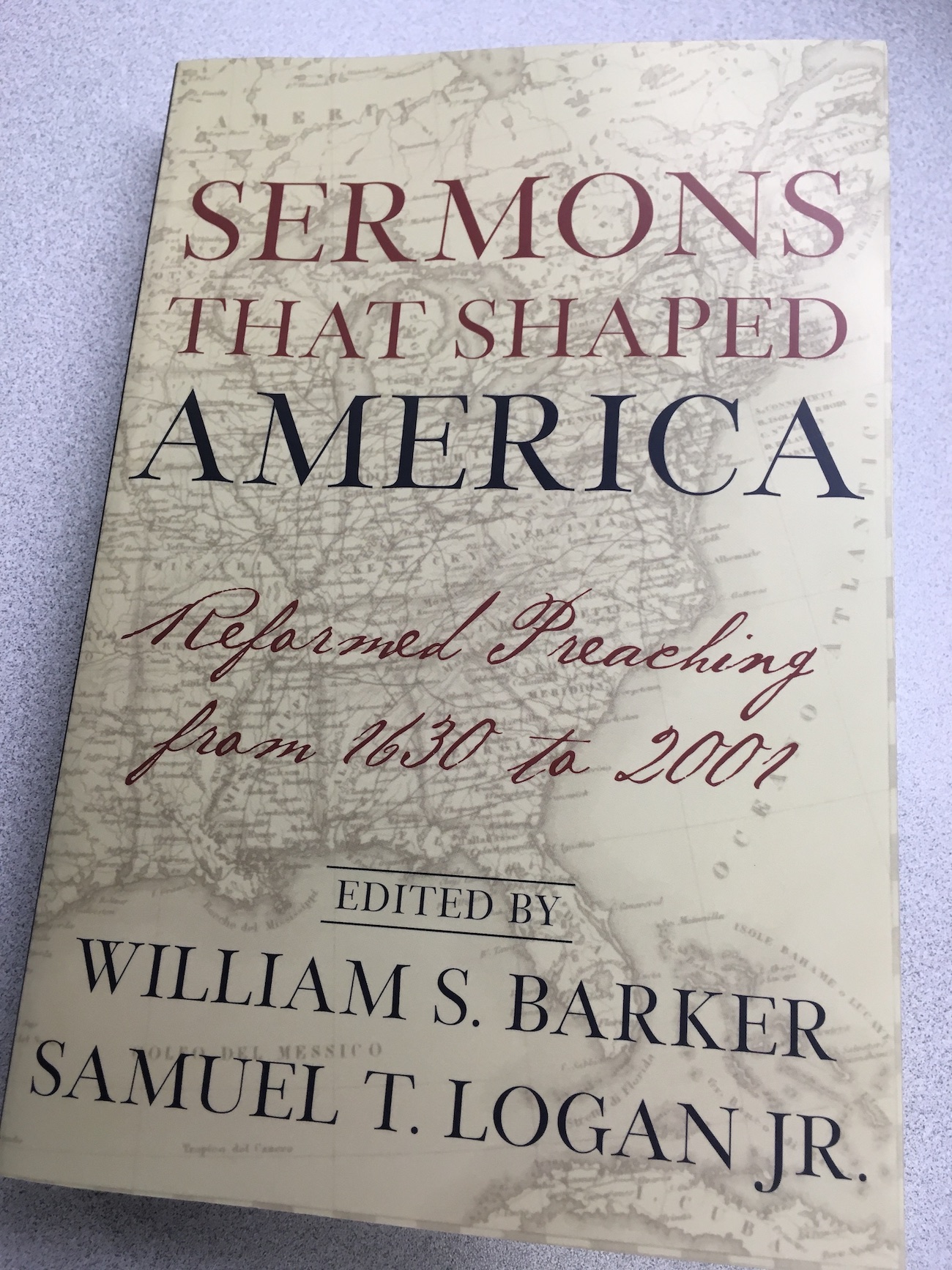 New, what the people of God are toldmatters. The use of words (and use of the symbolism of God’s Word) has always been and will always be a uniquely formative activity in the life of the church.
New, what the people of God are toldmatters. The use of words (and use of the symbolism of God’s Word) has always been and will always be a uniquely formative activity in the life of the church.